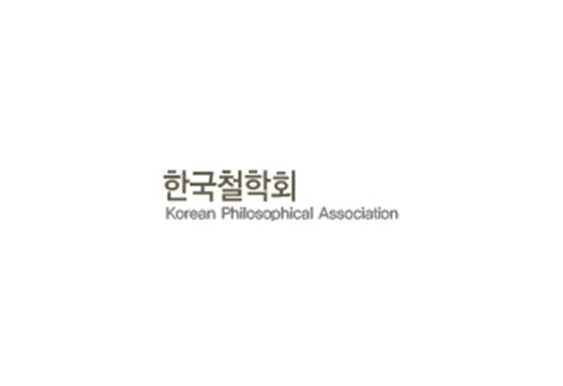호네트의 양육론에 대한 비판적 고찰 – 피히테와 헤겔의 고전적인 인정이론 및 위니컷의 대상관계이론의 관점에서 –
A Critical Examination of Honneth’s Theory of Upbringing – Perspectives from the Classical Recognition Theories of Fichte and Hegel, and Winnicott’s Object Relations Theory –
이행남
서울대학교
철학
2024, vol., no.160, pp. 57-90 (34 pages)
10.18694/KJP.2024.8.160.57
한국철학회
초록
피히테와 헤겔에 따르면 모든 인정의 관계는 양측의 동일성을 전제로 한다. 상호 인정의 관계를 이루며 결속된 두 주체는 자신의 고유성을 지닌 자립적 존재로 간주되어야 마땅하다. 양육의 인정 관계에서도 사정은 같다. 아이가 설령 ‘현상적’으로는 엄마에게 전적으로 의존하는 비대칭성 관계에 있는 듯 보일지라도, ‘개념적으로는’ 아이 역시 한 명의 자립적인 주체로서 간주되는 한에서만, 엄마와 아이 사이의 양육 관계는 기형적인 지배관계의 위험을 피할 수 있다. 그러나 호네트는 엄마와 아이 사이의 강한 의존성 관계와 정서적 합일을 중시하기 때문에 아이가 발생초기부터 한 명의 자립적인 주체로서 간주되어야 마땅하다는 개념적 차원을 필요한 만큼 강조하지 않는다. 호네트의 이런 접근법은 물론 도널드 위니컷의 양육론을 참조한 데서 유래한 것이지만, 과연 이것이 충실한 위니컷 전유로 간주될 수 있을지는 회의적이다. 위니컷은 아이를 그저 미력하고 불완전한 의존적 존재로만이 아니라 처음부터 자기 안에 실재하는 자기추구적 ‘욕망’에 힘입어 스스로의 성장을 주도해가는 ‘주체’로도 간주하기 때문이다. 태어나는 순간부터 아이가 지니는 “인간의 신체” 그 자체에 우리를 강제하는 규범적 힘이 있다는 피히테의 통찰, “자기의식은 여하간 욕망”이라는 헤겔의 선언도 이와 일맥 상통한다. 모든 아이들은 설혹 미력한 동물처럼 보일지라도 이미 처음부터 ‘한 명의 고유한 자립적 주체가 될 존재로서의 자격과 권한’을 자기 안에 지닌 채로 우리 곁에 온다. 좋은 양육의 이론과 실천은 이 사실에 마땅한 주의를 기울일 때라야 비로소 시작될 수 있다.
According to Fichte and Hegel, all relationships of recognition presuppose the equal independence of both parties. Two subjects engaged in a relationship of mutual recognition must be regarded as independent beings with their individuality. The same principle applies to the recognition relationship in upbringing. Even if a child appears in a fundamentally asymmetric relationship of total dependence on the mother in a ‘phenomenal’ sense, the caregiving relationship between mo ther and child can avoid becoming a distorted power dynamic only if the child is regarded ‘conceptually’ as an autonomous subject. However, Honneth, who emphasizes the strong dependency and emotional unity between mother and child, does not stress this conceptual aspect (that the child should be considered an autonomous subject from the very beginning) as much as might be necessary. Honneth’s approach is influenced by Donald Winnicott’s theory of mothering. However, it is questionable whether this can be considered a faithful interpretation of Winnicott because Winnicott views the child not merely as a weak and incomplete dependent being but as a proactive ‘subject’ who, from the outset, promotes their growth through an inherent ‘desire’ for selfpursuit. Fichte’s insight that there is a normative force within the humanshaped body from birth and Hegel’s declaration that “selfconsciousness is essentially desire” align with this perspective. All children, even if they appear weak, come into our world already possessing the ‘qualification and authority to become a unique autonomous subject’ from the beginning. A robust theory and practice of upbringing can only begin when this fact is given proper attention.

